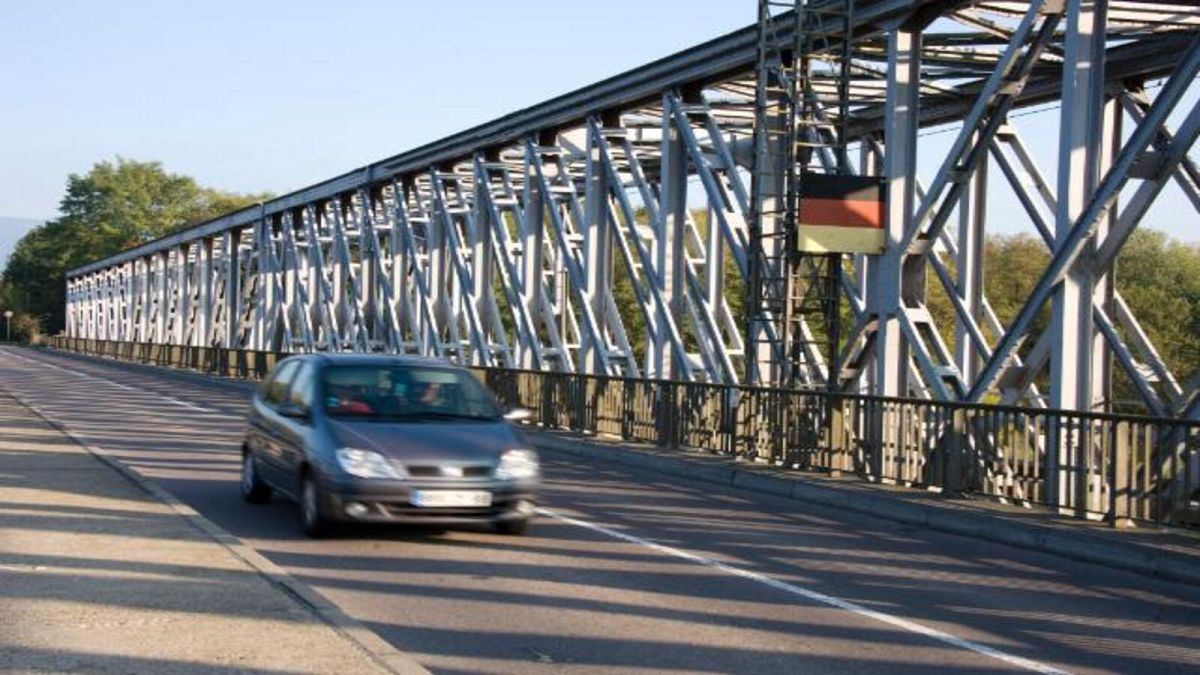In recent years, Germany has decided to introduce controls at its nine land borders for a six-month period, causing surprise and disapproval among frequent border crossers. These measures, set to apply from September 16 to March 15 of next year, will affect borders with countries such as Belgium, Luxembourg, the Netherlands, and Denmark. This decision comes in light of 10 countries within the Schengen zone reintroducing controls at their borders, citing reasons such as counterterrorism efforts and managing irregular immigration. The reintroduction of border controls may prove to be an inconvenience for those living near the borders who frequently travel between countries for various purposes, such as shopping for goods.
The reintroduction of border controls in Germany has sparked mixed reactions among citizens, especially those who regularly commute across the country’s borders. Individuals like Andreas, a German citizen living in Belgium, highlight the importance of freedom of movement and the ease of cross-border trade in the European region. While some lorry drivers seem resigned to potential delays resulting from border controls, others express concerns over the impact on their daily routines and trade activities. The efficiency and speed of the German police in conducting border checks have been acknowledged by some drivers, with a driver from England noting the minimal delays experienced post-Brexit.
For individuals who remember the pre-Schengen era with its lengthy border procedures and checks, the return of controls at European borders evokes concerns about a potential regression in European integration efforts. Travelers like Marijke Van Caekenberghe, who vividly recall the stringent passport and luggage checks of the 1980s, express apprehension about a return to such times. The memories of a divided Berlin and the strict border security measures in place during that era serve as a stark reminder of the importance of the Schengen agreement in facilitating seamless travel within Europe.
As Germany and other Schengen countries navigate the challenges posed by terrorism and irregular migration, the reintroduction of border controls raises questions about the future of the open-border policy within the European Union. The balance between security concerns and the principles of free movement and trade remains a contentious issue for policymakers and citizens alike. While the temporary nature of the controls provides some reassurance to those impacted by the measures, the underlying reasons for their implementation signal broader debates around European cooperation and border management strategies. As the Schengen zone grapples with evolving security threats and migration dynamics, the need for a coordinated approach to border controls and management becomes increasingly evident.





















